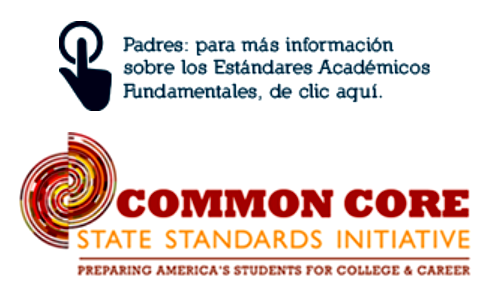Looking beyond the Common Core State Standards for Mathematics
In the AMS Notices last February, Jason Zimba discussed potential ways for research mathematicians (RM) to contribute to the implementation of the Common Core State Standards for Mathematics (CCSS-M).
I suppose, and would rather advise, that he writes elsewhere for such opportunities for engineers with an open eye for empirics. A key problem in say the last 5000 years is that mathematicians are trained on abstraction while education is an empirical issue. When RM meet in class with real life students (perhaps math students excluded by selection) then they have cognitive dissonance, and fall back to tradition, which tradition has not come about with a focus on didactics.
Also professor Hung-Hsi Wu wants RM to get involved. But Wu denotes three-and-a-third as 3⅓ but this is like multiplication, like 3a or 3 km, and the better notation is 3 + ⅓. The best notation is 3 + 3^H, with H = -1 as a mathematical constant. Obviously H represents a half turn, like i is a quarter turn. The fraction bar causes so-called “math” that isn’t real math but a burden from a particular notation that isn’t always useful. Note also that “third” refers to ordinal numbers, so that kids must wonder what ordinals have to do with fractions. Better say that ⅓ is “per three”.
This is just one example of a long list. See my books A child wants nice and no mean numbers (2015) and Elegance with Substance (2009, 2015), with PDFs on my website. Please note that these are just analyses and that empirical design still has a long road to go.
This also shows that there is a distinction between “math”, classical math (“math” corrected) and neoclassical math (improving the latter). Let math teachers grow aware of this distinction. The CCSS-M is very important as a point of reference, but the curriculum better be re-engineered instead of implemented. It makes little sense to first invest millions in software for 3⅓ when this later must be reprogrammed into 3 + 3^H (and everywhere).
The warning about cognitive dissonance by RM is of paradigmatic importance. The disastrous math ed reform movement was inspired by abstract thinking RM too, with a key role for Hans Freudenthal (1905-1990), witness the ICMI award to his name. It appears that Freudenthal appropriated but misunderstood ideas by teacher Pierre van Hiele (1909-2010), see my paper Pierre van Hiele, David Tall and Hans Freudenthal: Getting the facts right. Freudenthal for example would give kids the expression 3 + ⅓ and then wanted them to play a bit and discover themselves that 3⅓ would be proper math. Obviously kids are able to create crooked expressions, but there is no guarantee that they find precisely the crooked ones that non-didactic mathematicians invented in the past, and neither that this is proper math.
A related problem are psychometricians who test on 3⅓. One expects that psychometricians have an interest in empirics and are mathematically competent, but it turns out that they may have no interest in didactics of mathematics, so that TIMSS and PISA scores can be invalid.
Holland is not so tolerant since the oil crisis of 1973 and the “Dutch Disease”. Dutch RM have a disastrous role, nowadays also targeted at my work when I express criticism. I must warn that there is a dirty math ed war in Holland. Readers cannot trust that my findings will percolate with impartial treatment in newsletters, journals, reviews, math ed conferences like ICMI, institutional reports, and what have you.
In the AMS Notices of April 2016, I was struck by the January Letter by Sheldon Axler about Chandler Davis and his article The Purge about 1954, my year of birth. See my website and weblog for the advice to boycott Holland till censorship of science since 1990 by the Dutch Central Planning Bureau (CPB) has been lifted. This is about econometrics and not didactics of mathematics, but still affects my professional position and (dis-) respect of treatment. What this censorship is about should become clear when it has been lifted, if I haven’t become too old by then.
(PM. This weblog entry is my comment on the Notices page for February 2016.)

